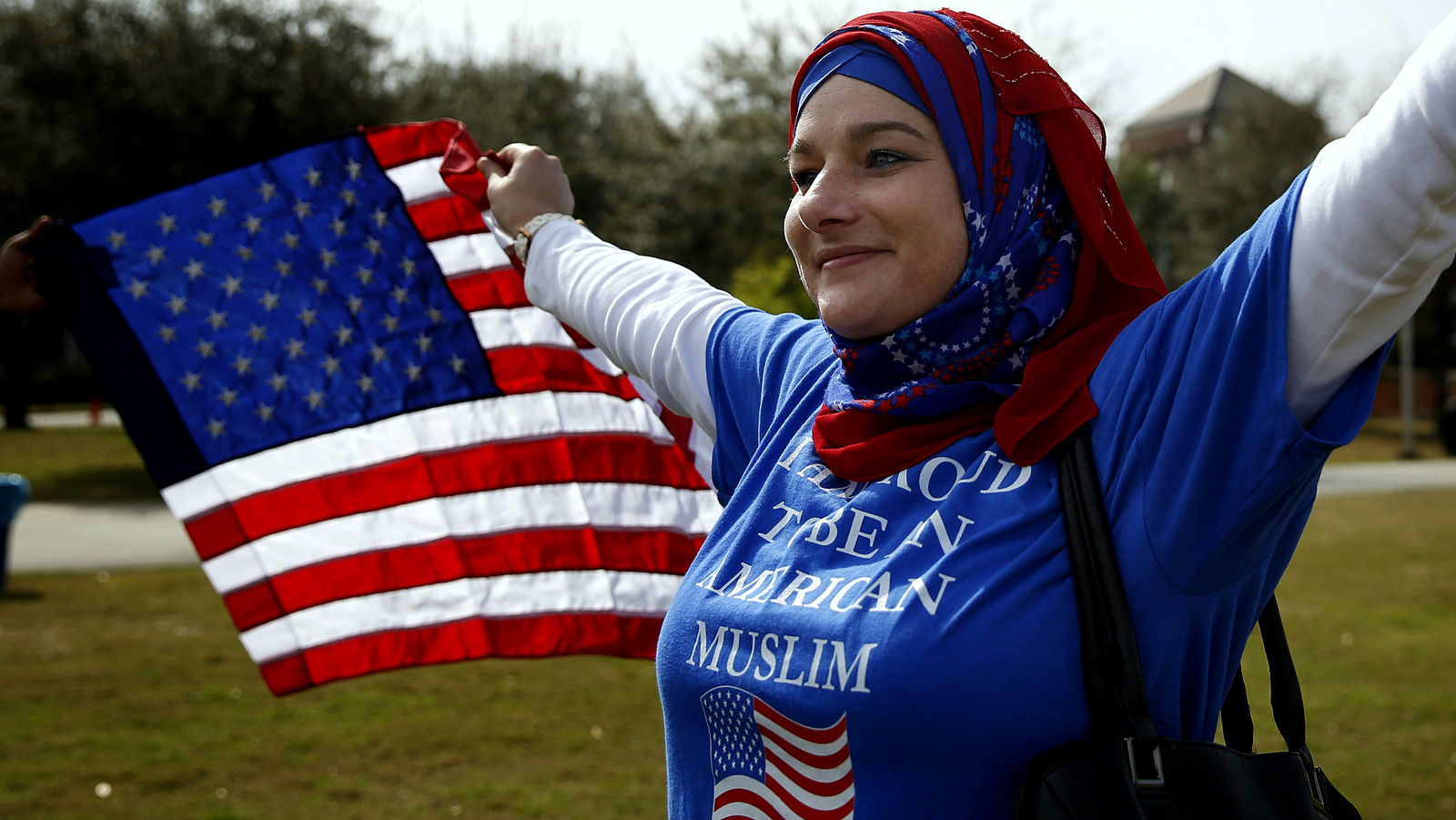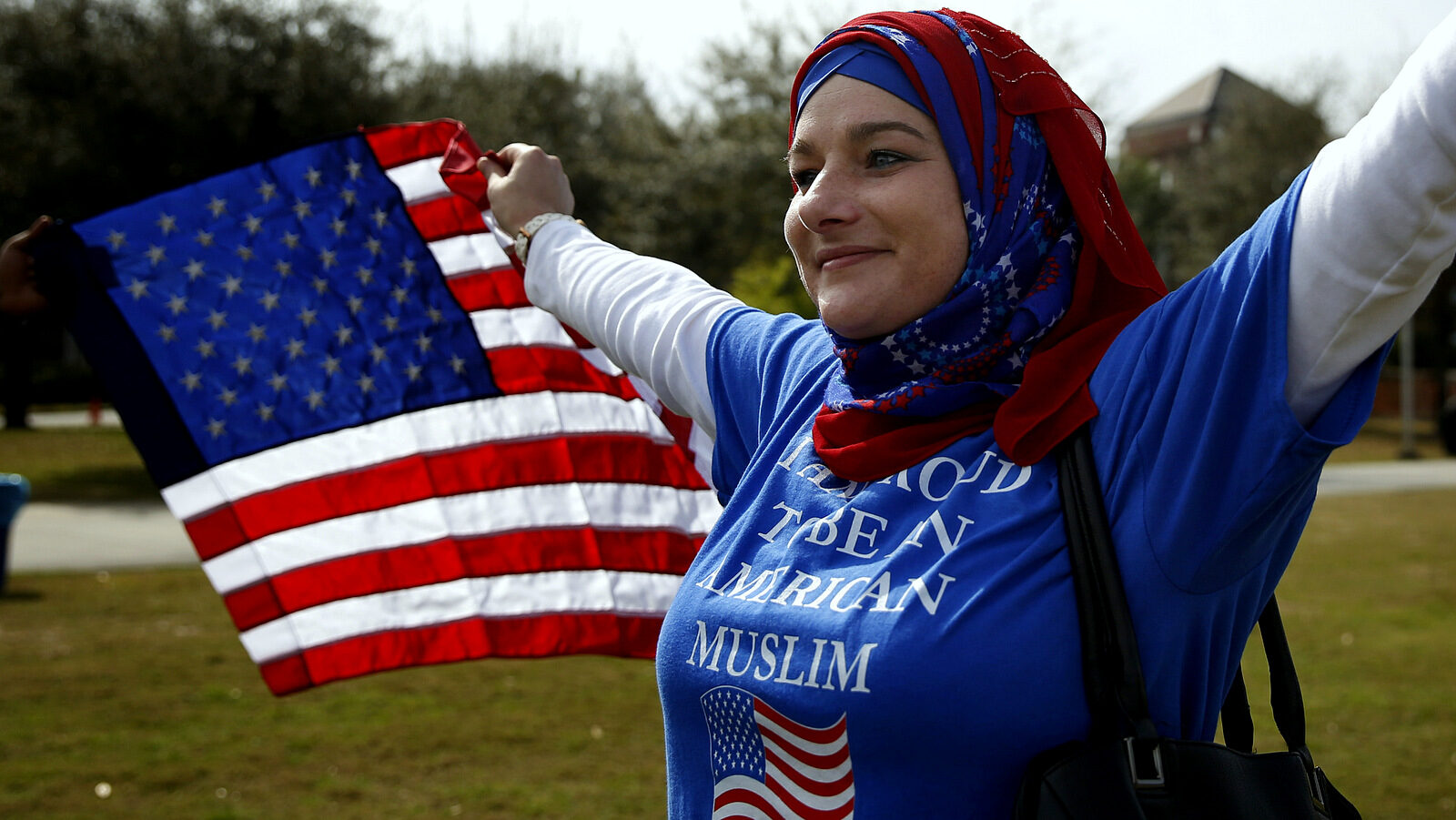
AUSTIN, Texas — Thanks to years of mainstream media propaganda and Hollywood stereotypes, American Muslims struggle to be defined by more than just the image of terrorist or extremist.
Muslims currently represent only about 1 percent of the U.S. population, although those numbers are growing fast. By taking to digital media and social networks, the voices of this small segment of the population can be heard in new places, reach young, impressionable Muslims, and humanize their image in the eyes of the public.
“It’s amazing to be a Muslim right now,” Wajahat Ali said sarcastically, drawing widespread laughter from the audience at “American Muslim Media: Taking Back Our Narrative,” a panel at the SXSW Interactive conference in Austin on March 13. “We’re very popular in America.”
Formerly a host at Al-Jazeera America, Ali now works for Affinis Labs, a company which promotes socially-driven entrepreneurship.
Islamophobic incidents are on the rise in the United States, and the Republican frontrunner for president, Donald Trump, has made anti-Muslim rhetoric a keystone of his campaign. Underlining the need for a new narrative, the day before the panel gathered, SXSW apologized and dismissed a volunteer after U.S. Olympic fencer Ibtihaj Muhammad was asked to remove her hijab during registration.
I was just asked to remove my hijab at SXSW Registration for my ID badge.. I can't make this stuff up #SXSW2016
— Ibtihaj Muhammad (@IbtihajMuhammad) March 12, 2016
Ali appeared on the panel alongside three other American Muslim media professionals, including Fatemeh Fakhraie, a social media professional; Amanda Quraishi, a writer and activist; and Eman H. Aly, director of communications for the Health Media Collaboratory at the University of Illinois Chicago’s Institute for Health Research and Policy.
To begin, Aly offered historical background on the arrival of Muslims in America, noting that they have been present in the United States since the 1500s. Some estimates suggest as much as 15 percent of enslaved Africans brought to America were Muslim. But despite their presence even prior to the country’s founding, they’ve rarely had a voice in social or political affairs.
Next, Ali took the audience through a survey of Muslim stereotypes. He criticized the media’s use of “Islamic Rage Boy,” a Kashmiri activist named Shakeel Ahmad Bhat. After a photo of him shouting at a protest went viral, it came to represent the mainstream media’s perception of Islam as violent and aggressive
Fictional storytelling on TV isn’t much better in its representation of Muslims. “Damn you, ‘Homeland,’” Ali quipped. “You are so tightly plotted and well acted, but you are so bigoted.»
Other depictions may seem more positive, but actually turn Muslim culture into an exotic “Other” to be appropriated by the West:
This happened #BadMediaHurts @WajahatAli @EmanHAly @digitalfatemeh @ImTheQ #SXSW #USmuslims pic.twitter.com/ZqV85g0mta
— Macky Alston (@MackyAlston) March 13, 2016
Muslims, he said, are forced to define themselves between two false extremes, the “bad” terrorist Muslim and the ”good” or “moderate” Muslim.
“Who defines Muslim-ness online?” Quraishi asked as the panel continued. While it’s traditionally been the mainstream media, a new crop of Muslim social media users and Muslim media sites are changing the conversation.
«The American Muslim community is the most diverse Muslim community in the world,» she said, and online media allows them to reflect that diversity instead of the false dichotomy presented by the mainstream media.
It’s also a way to oppose the rise of extremism within their communities. The Brookings Institution estimated last March that there were about 46,000 Twitter accounts operated by Daesh (an Arabic acronym for the terrorist group commonly known as ISIS or ISIL in the West), although many have been shut down by the social network. Quraishi pointed out that most of the accounts operate in English, meaning they are trying to reach young, Western Muslims.
But social networks and technology can also let people push back against Daesh’s narrative of Islam. Last year, an international group of scholars, media analysts and programmers took part in the “Haqqathon” (a pun on the Arabic word “haqqa,” for truth), which created new ways for Islamic scholars to connect online with young Muslims to discourage recruitment by extremists.
Efforts like these, Quraishi noted, are taking back the narrative both within Muslim communities and in the world at large.
«As we are trying to define ourselves, we are pushing back against the media telling us who we are and what we believe,» she said.
Watch “‘Arabs Be Like’ – The Modern Middle East” from Yousef Tuqan:


